According to the draft, the national science and technology research competition for high school students will not count first, second, third, and fourth prizes as it does now, but will be ranked according to three levels of gold, silver, and bronze medals.
The winning rate of the competition has also changed. The number of gold medal projects accounts for a maximum of 10% of the total projects, double the current 5% of the first prize. Similarly, the rate of silver medal projects increases from 10% to 20%, bronze medals from 15% to 40%. The total award rate increases from 50% to 70%.
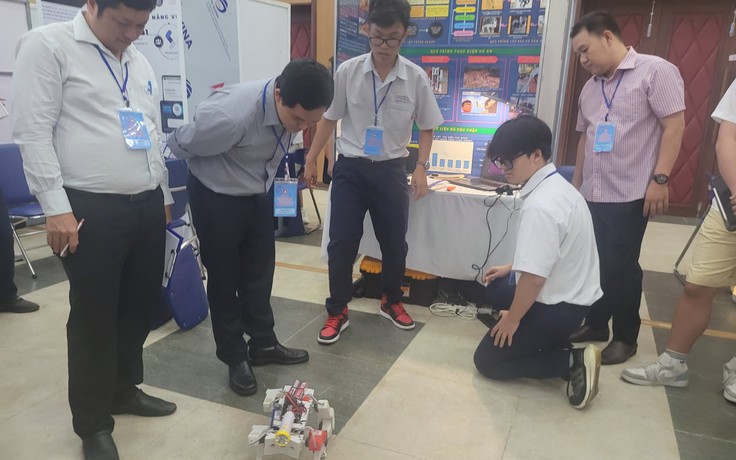
The Ministry of Education and Training plans to change many regulations on science and technology competitions for high school students.
In addition, the Ministry of Education and Training also plans to change the project evaluation criteria. The total score remains 100, but the score for data collection, analysis and interpretation will decrease from 20 to 15. The difference will be compensated by the creativity criterion, increasing from 20 to 25 points. The remaining criteria will not change the score.
In particular, this draft circular has two notable contents. First, remove the content: "encouraging universities , colleges, research facilities, organizations and individuals to support scientific and technical research activities of high school students".
Second, reduce the number of competition fields from 22 as currently regulated to 8 fields.
The Ministry of Education and Training also requires that the content of students’ scientific and technical research must be practical and appropriate to the psychology of their age. Projects must ensure honesty in scientific research; do not use or present the content or research results of others as students’ own.
The Ministry of Education and Training’s announcement of a draft amendment to the regulations on scientific and technical research exams for high school students is very necessary. In recent years, every year there has been a public outcry about the honesty of exams at all levels, especially students whose projects have won awards and have been awarded extra points or directly admitted to university by many major universities.
Some experts believe that the Ministry of Education and Training's removal of regulations encouraging training institutions, organizations, and individuals to support students' research projects and the reduction of the number of competition fields will also help the competition gradually become more substantial.
Full text of the draft can be found HERE
Source link


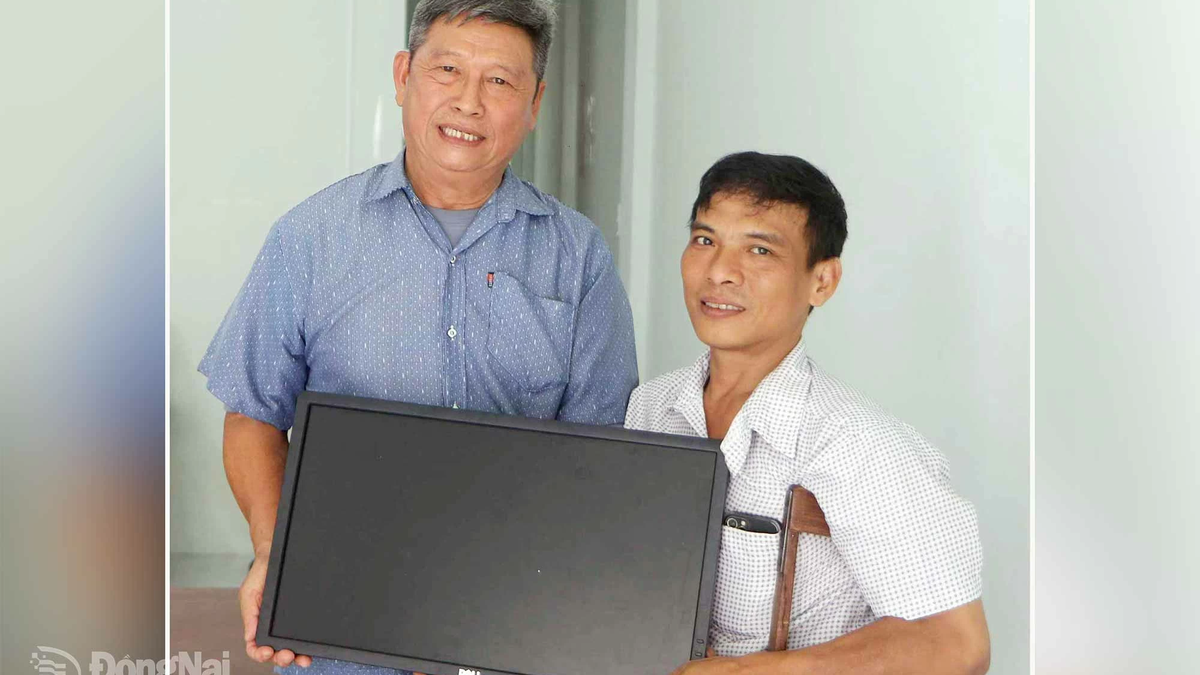

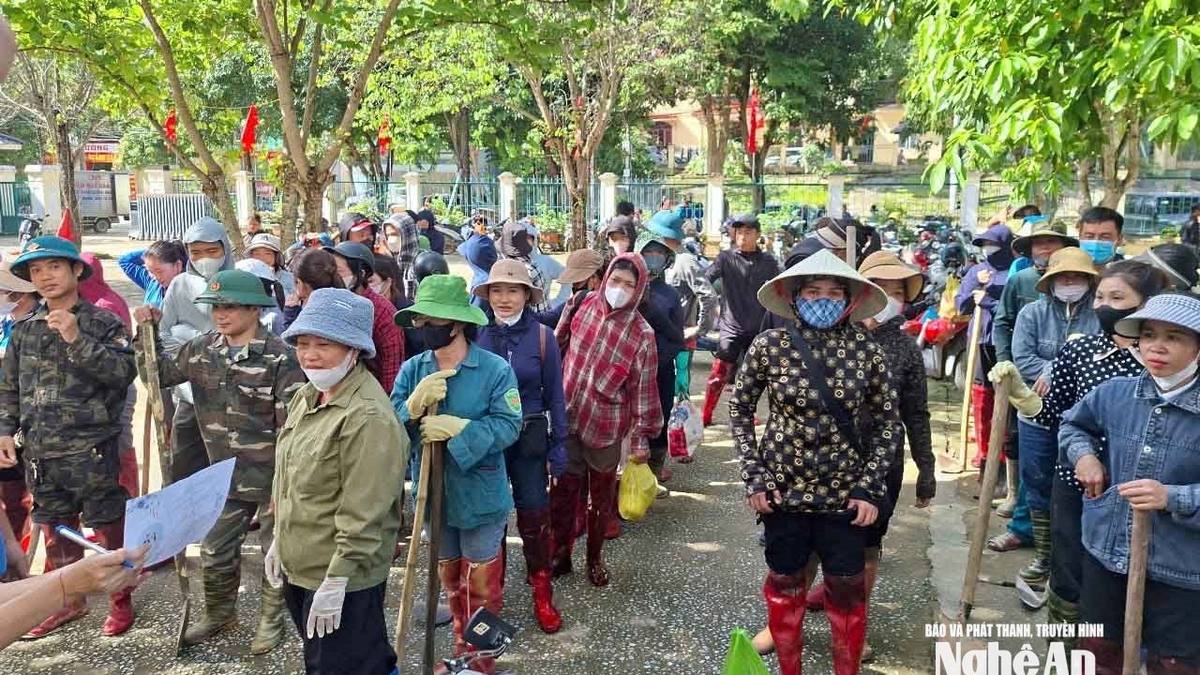

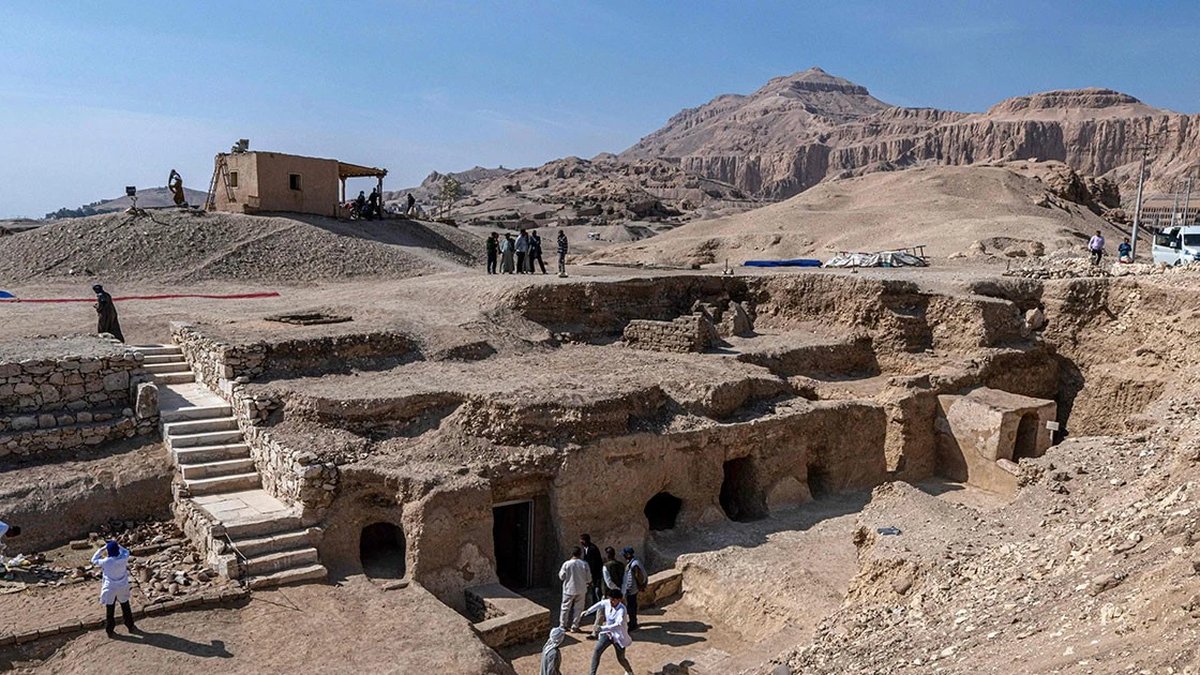
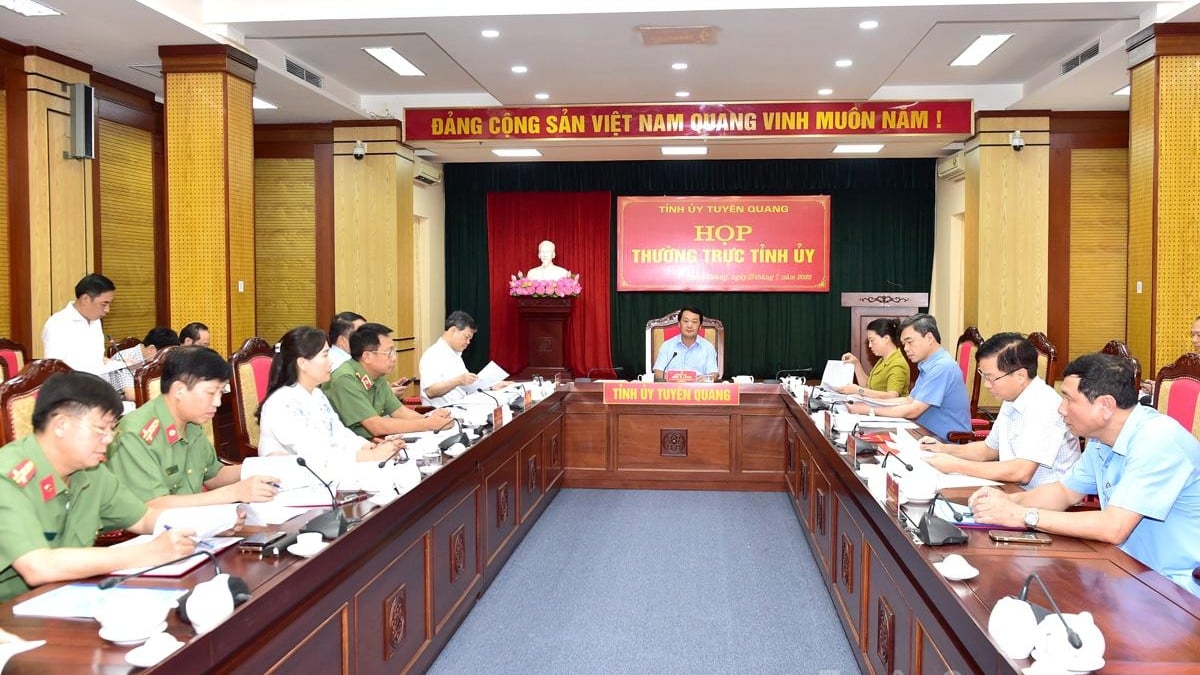


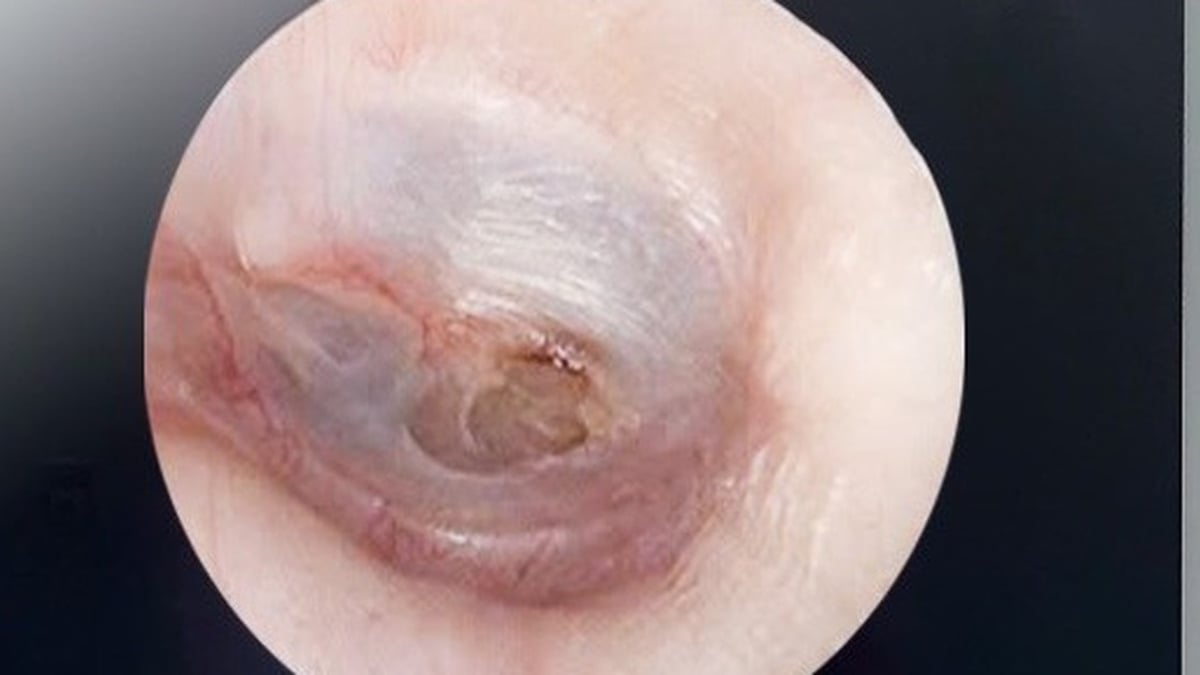















![[Photo] National Assembly Chairman attends the seminar "Building and operating an international financial center and recommendations for Vietnam"](https://vphoto.vietnam.vn/thumb/1200x675/vietnam/resource/IMAGE/2025/7/28/76393436936e457db31ec84433289f72)





















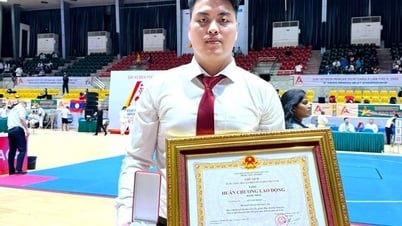







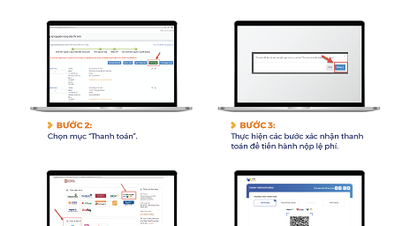

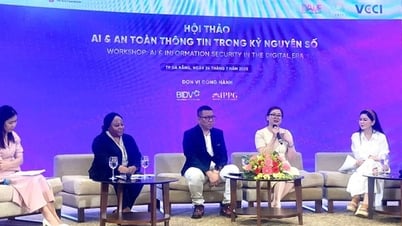

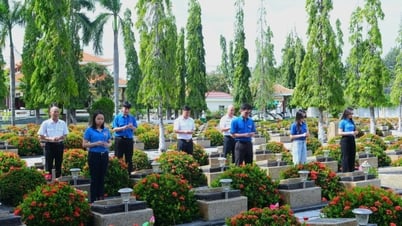
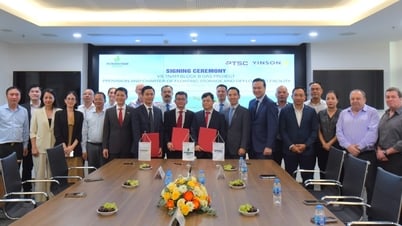
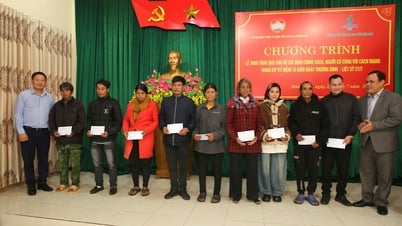
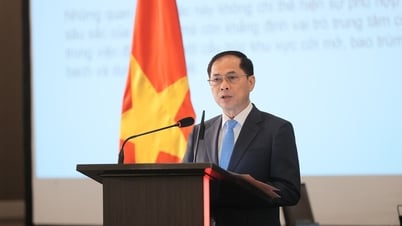
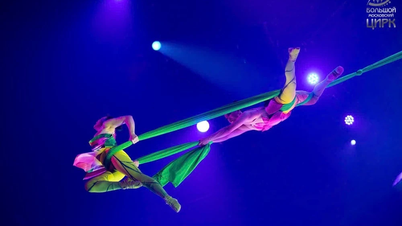

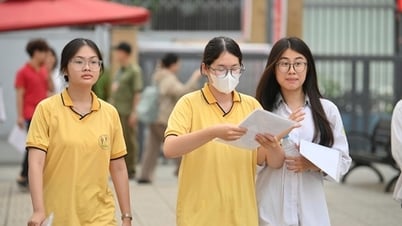

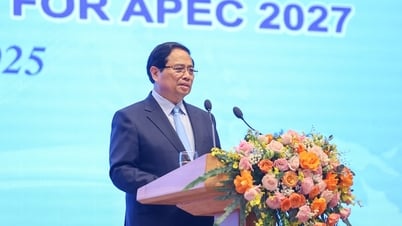


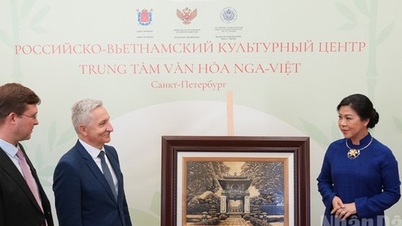

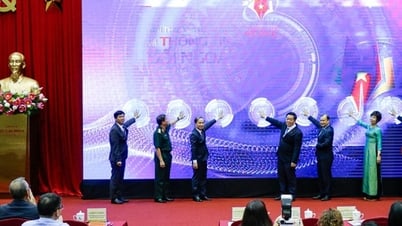
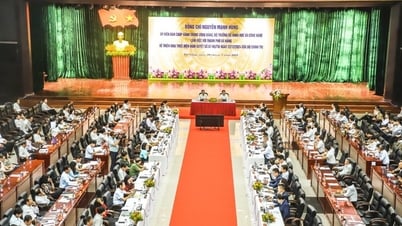

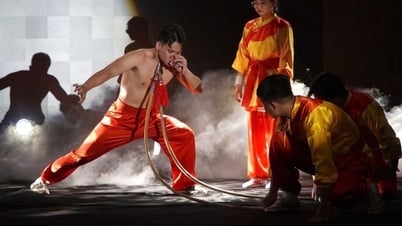






















Comment (0)